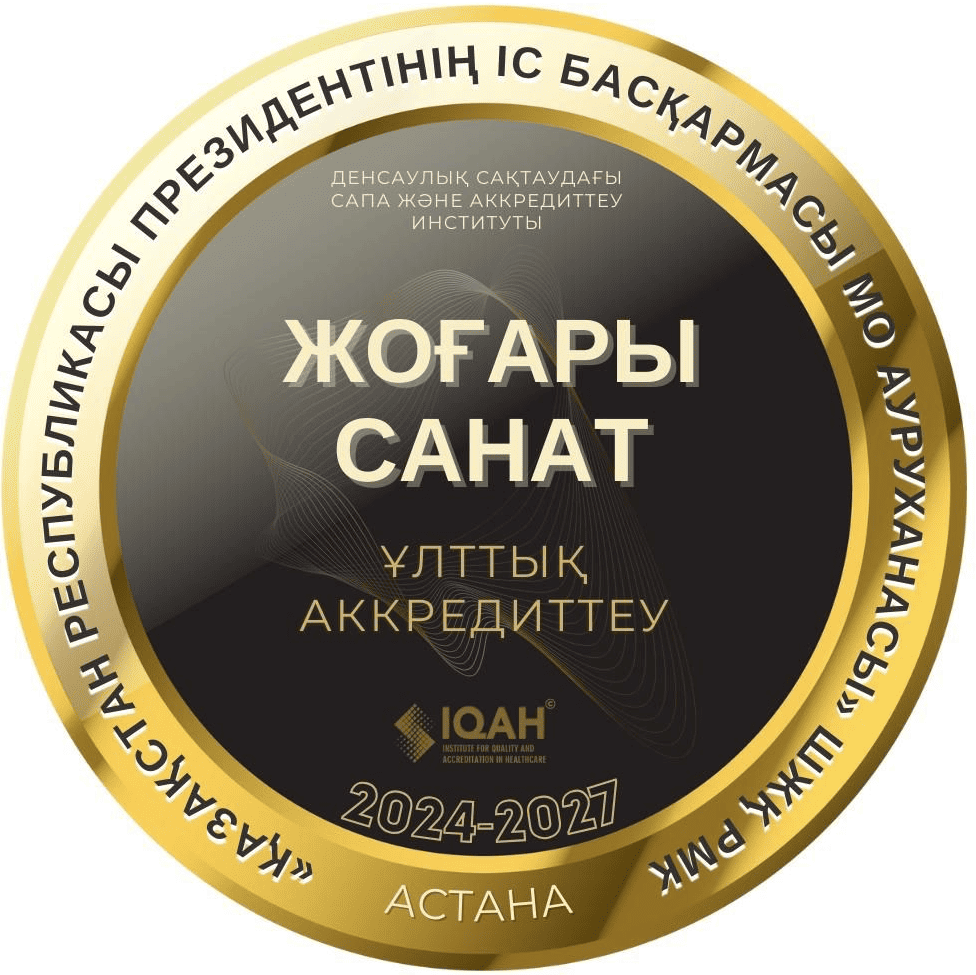Seasonal hay fever

About 30% of the world's population, according to the World Health Organization (WHO), suffers from allergies, and in thirty years the number of people suffering from this disease may increase significantly.
The main reason for such mass morbidity is the imbalance of the immune system associated with the development of civilization, active intervention in nature, air pollution, the widespread use of household chemicals, preservatives, various viral infections, parasites and the irrational use of drugs.
Stages of seasonal allergies/hay fever caused by flowering plants:
- The first of them begins in spring, at the end of April, when various types of trees bloom - alder, birch and other early plants.
- The second lasts from May to June, when poplar, meadow and lawn grasses spread pollen.
- The third stage begins in mid-July and lasts until September, this is the period of flowering of weeds - wormwood, quinoa and many others.
Main symptoms:
- itchy nose,
- sneezing,
- runny and clear discharge from the nose (rhinorrhea),
- lacrimation,
- coughing and wheezing in the lungs,
- labored breathing
Important! Appeal to specialists before the flowering period of plants and treatment facilitates the course of allergic reactions.
Preventive measures to reduce exposure to irritants:
- control of pollen concentration in the room (closed windows and doors, air conditioning, humidifiers and air purifiers, water vacuum cleaners)
- limit going outside in sunny windy weather
- exclude from the diet, foods with allergenic properties,
- avoid carbonated drinks and fast food
- limit exposure to non-specific irritants (varnishes, paints, chemicals)
- exclude physical activity in the early morning, when pollen is released most intensively (from 5 to 10 am), carry it out later
- during the period of the most intensive flowering, take a vacation and leave for those regions where flowering has ended
- shower and shampoo your hair if you suspect you have had contact with pollen, wash your hands thoroughly and rinse your eyes with warm water when returning from outdoors
- daily cleaning of the house
- avoid drinking alcohol during the flowering period, as it contributes to the swelling of the blood vessels of the nasal respiratory tract
If you are allergic to microscopic fungi, you should:
- avoid work in the fall and spring in the garden, in the country (damp grass is a source of microfungi)
- limit the consumption of yeast dough, beer, kvass, champagne
- if there is an air conditioner in the car, enter it only 5 minutes after turning it on (there may be a release of fungal spores from the system)
- treat fungal diseases of the skin, nails, hair
- do not keep indoor plants in the house, avoid violets and geraniums growing in pots, as fungi often “live” around them
- do not put an aquarium in places of residence, office
- with pollinosis, it is impossible to be treated with preparations made from plant materials (decoctions, infusions of herbs, some homeopathic remedies)
The main rule is not to be treated on your own, but to consult a qualified doctor who will help to cope with this ailment.




